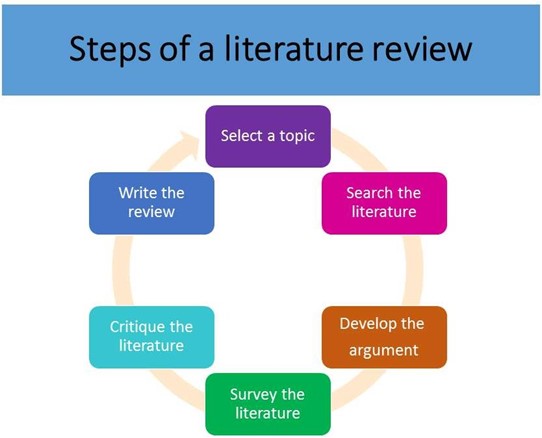A nurse is presenting weekly prenatal classes for pregnant teens who are at risk for having low birth weight babies.
An example of a long-term outcomes for this program is:
The number of teens who are attending the program and regularly seeking care.
A decrease in the number of low birth weight babies born to the teens.
An increase in the teen's knowledge of good nutrition and healthy behaviors.
The number of teens who are not attending the weekly program.
The Correct Answer is B
A long-term outcome for a program that aims to reduce the risk of low birth weight babies among pregnant teens would be a decrease in the number of low birth weight babies born to the teens.
This outcome measures the ultimate goal of the program, which is to improve the health of the babies born to the teens.
Choice A is not a long-term outcome because it measures program participation rather than the ultimate goal of the program.
Choice C is not a long-term outcome because it measures an intermediate step towards achieving the ultimate goal of the program.
Choice D is not a long-term outcome because it measures program non- participation rather than the ultimate goal of the program.
Nursing Test Bank
Naxlex Comprehensive Predictor Exams
Related Questions
Correct Answer is A
Explanation

The first step in developing an evidence-based health promotion program is to search the literature for relevant research and evidence.
This helps to ensure that the program is based on the best available evidence and is likely to be effective.
Choice B is not correct because implementing the program is not the first step in developing an evidence-based health promotion program.
Choice C is not correct because tailoring the program for the participants is not the first step in developing an evidence-based health promotion program.
Choice D is not correct because selecting outcomes is not the first step in developing an evidence-based health promotion program.
Correct Answer is D
Explanation
At each stage of life, there are different health problems and different preventative actions.
Healthy People 2020 has four overarching goals: Attain high-quality, longer lives free of preventable disease, disability, injury, and premature death; Achieve health equity, eliminate disparities, and improve the health of all groups; Create social and physical environments that promote good health for all; and Promote quality of life, healthy development, and healthy behaviors across all life stages.
Choice A is incorrect because age-related risks are a focus of Healthy People 2020.
Choice B is incorrect because age is considered when addressing health risks and preventative interventions.
Choice C is incorrect because each developmental stage has its own unique health problems and preventative actions.
Whether you are a student looking to ace your exams or a practicing nurse seeking to enhance your expertise , our nursing education contents will empower you with the confidence and competence to make a difference in the lives of patients and become a respected leader in the healthcare field.
Visit Naxlex, invest in your future and unlock endless possibilities with our unparalleled nursing education contents today
Report Wrong Answer on the Current Question
Do you disagree with the answer? If yes, what is your expected answer? Explain.
Kindly be descriptive with the issue you are facing.
